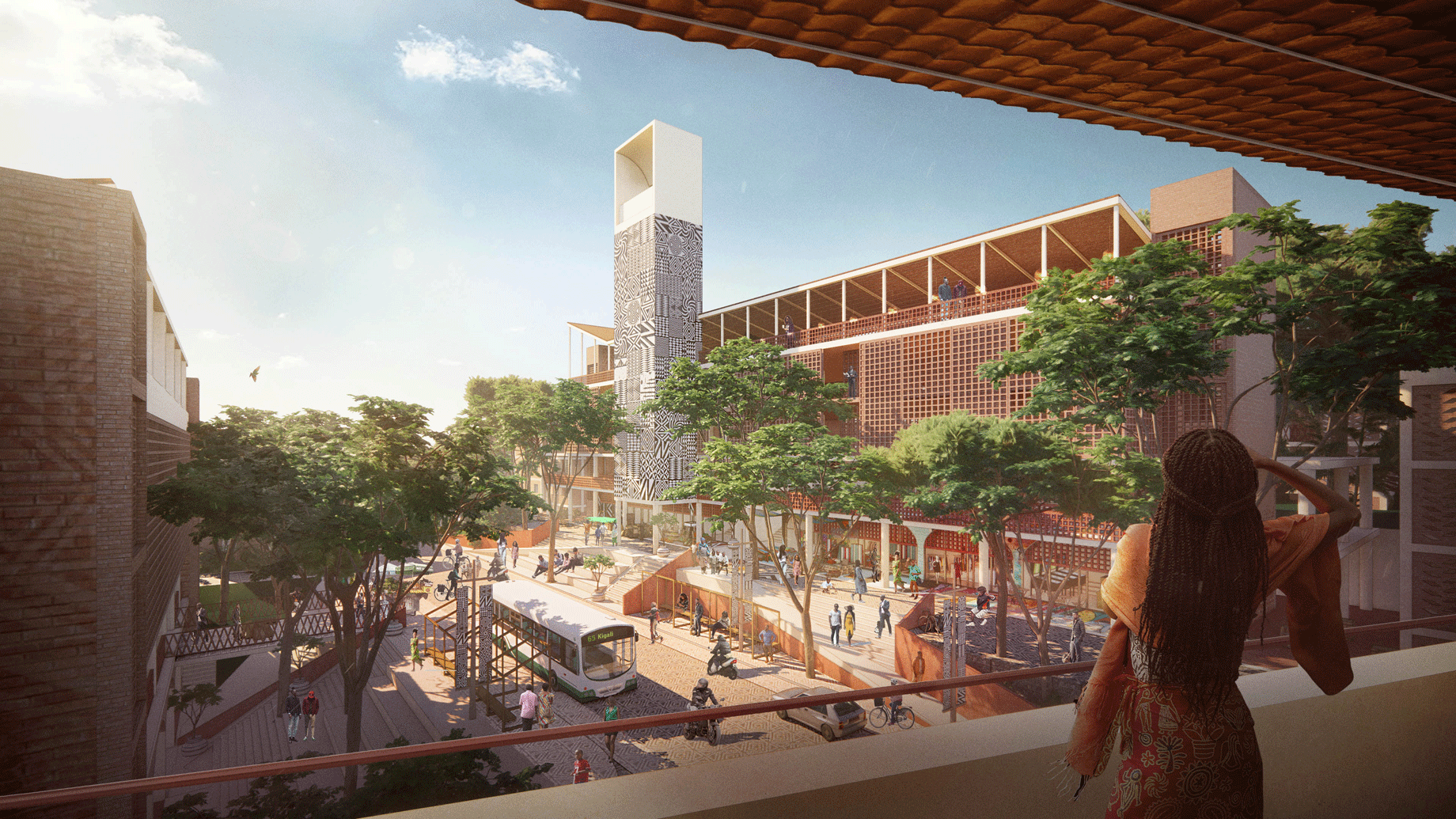FBW Group has been appointed to the international team tasked with delivering the trailblazing Kigali Green City project in the Rwandan capital.
The transformational development is being hailed as is an important milestone on the road to creating more sustainable green cities in the region and worldwide.
Its aim is to demonstrate that building green is “a necessity, not a luxury” and it will feature a range of initiatives, including the use renewable energy, rainwater harvesting, wastewater management, recycling and reuse of water and sustainable transport solutions.
The development will also deliver much needed quality homes for people in the lower-to-middle-income brackets.
Green City Kigali has been envisaged to cover the full 600ha Kinyinya Hill, a suburb of Kigali. The pilot phase of the project should see the construction of around 2,000 homes on 16 hectares.
Acclaimed UK headquartered architectural firm Feilden Clegg Bradley Studios won an international design competition to create Kigali Green City.
It has been appointed urban and architectural design consultant on the project and has brought together an international team of specialists.
FCBS’s winning team includes regional architects Light Earth Designs, A Studio Space and Studio FH Architects and Turner & Townsend. Grant Associates, AKT II and Atelier Ten also feature.
FBW Group, which has offices in Rwanda, Uganda and Kenya, has been appointed to be the local team on the ground, delivering the key services of architecture, structural and civil engineering and mechanical, electrical and plumbing engineering (MEP).
The firm’s initial roles will include overseeing local compliance, suggestions on local material supply, environmental standards and stakeholder engagement and submissions.
As the project develops the FBW team will be involved in the preparations for the construction phase of the 16Ha pilot scheme.
Antje Eckoldt, FBW Group director, said: “We are excited to be part of the team on what promises to be a transformational development, not just for Rwanda but for Africa and the rest of the world.
“The pilot project will lay the ground for the design of quality, low-carbon and resource efficient housing types suitable for various sites and density conditions and point the way towards the future for sustainable urban development.
“One of the aims of the project is to combine appropriate technologies, progressive thinking and the use of local skills and materials to show that this urban environment has everything it needs to sustain its community and for people to live green.”
She added: “At the moment we are exploring local low-carbon construction methods and materials and how they can be used to their maximum affect.
“We are also looking at ideas relating to urban farming and a green economy that will create jobs for existing and new residents on Kinyinya Hill, all based on low tech processes, on waste reduction and on circular economy principles.”
The project is being delivered for FONERWA. Rwanda’s Green Fund is a ground-breaking environment and climate change investment fund and the engine of green growth in Rwanda. This country, located at the heart, of Africa has taken leading steps to achieving NDCs to limit global warming by cutting down GHG emissions by 38 per cent.
The development is being backed by €30m of funding from Germany’s KfW Development Bank, which is investing in local infrastructure in Rwanda.
FBW, which has recruited some of the top talents in architecture, design and engineering in East Africa, offers a wide range of in-house professional building and technical services and is involved in a series of major projects in Rwanda.
These include delivering a masterplan for the expansion of the University of Global Health Equity (UGHE)and working with the International School of Kigali (ISK) to create a 21st Century ‘green’ campus in the Rwandan capital. Both projects have sustainability at their heart.

